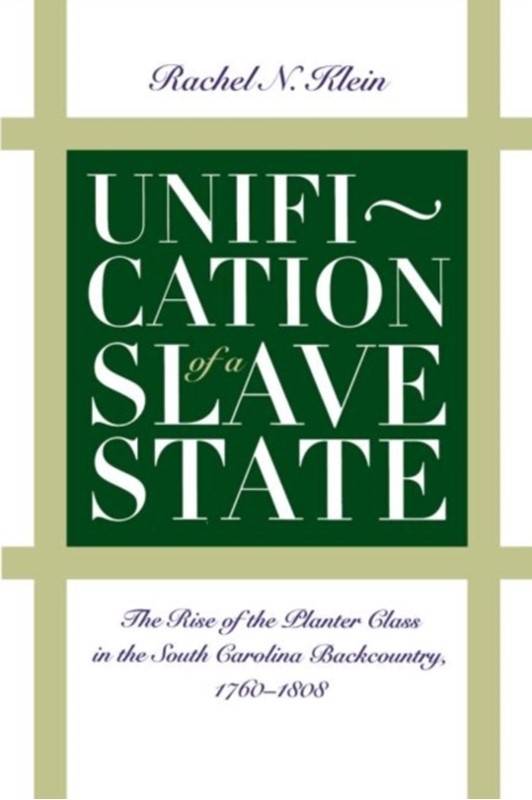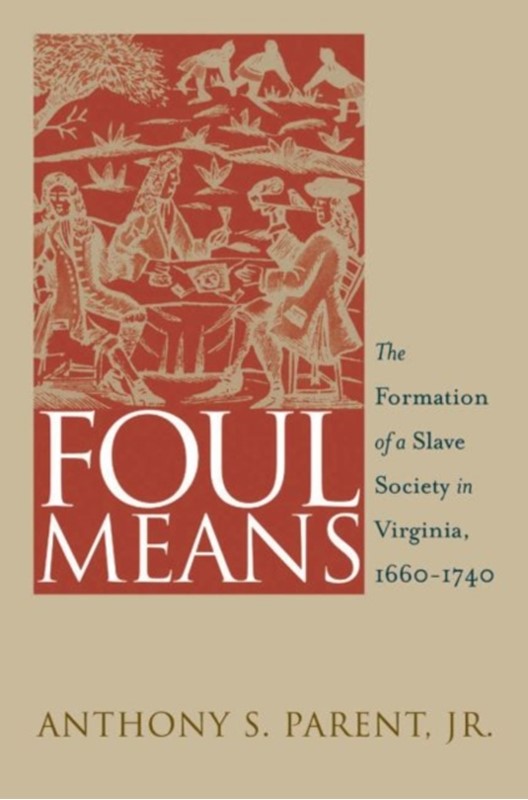
Mærke
- The University of North Carolina Press 10
- Cambridge University Press 7
- McFarland & Co Inc 4
- Taylor & Francis Ltd 4
- Louisiana State University Press 3
- Oxford University Press Inc 3
- University of Tennessee Press 3
- Cornell University Press 2
- Exlibris Media/Forlaget Zara 1
- FADL's Forlag A/S 1
- Forlaget MATEMATIK 1
- Gyldendal 1
- Johns Hopkins University Press 1
- London Record Society 1
- Munksgaard 1
- Oxford University Press 1
- Palgrave Macmillan 1
- Peter Lang Publishing Inc 1
- Plantedirektoratet Biofolia 1
- Praxis Forlag A/S 1
- Rowman & Littlefield 1
- Søren Ventegodt 1
- Texas State Historical Association,U.S. 1
- University Press of Mississippi 1
- University of Arkansas Press 1
- University of California Press 1
- University of Illinois Press 1
- University of Pennsylvania Press 1
- University of South Carolina Press 1
- University of Virginia Press 1























